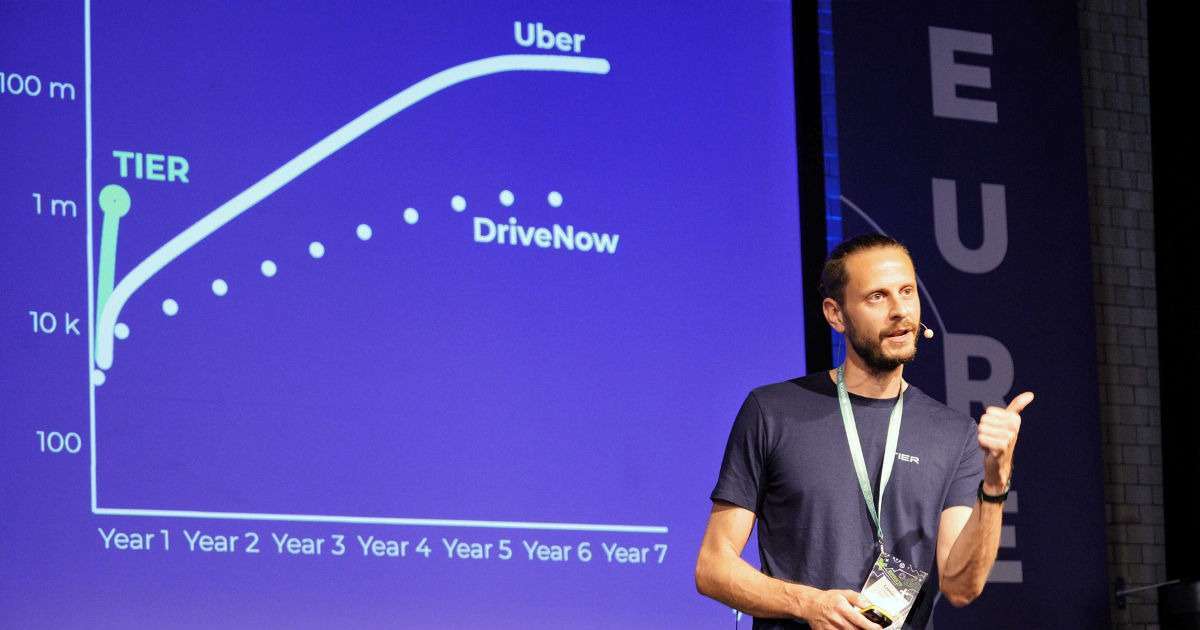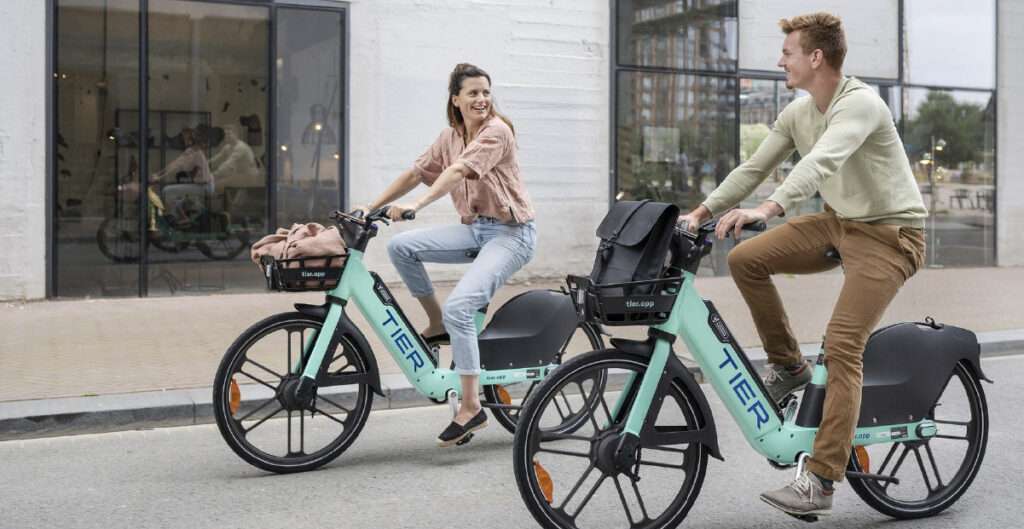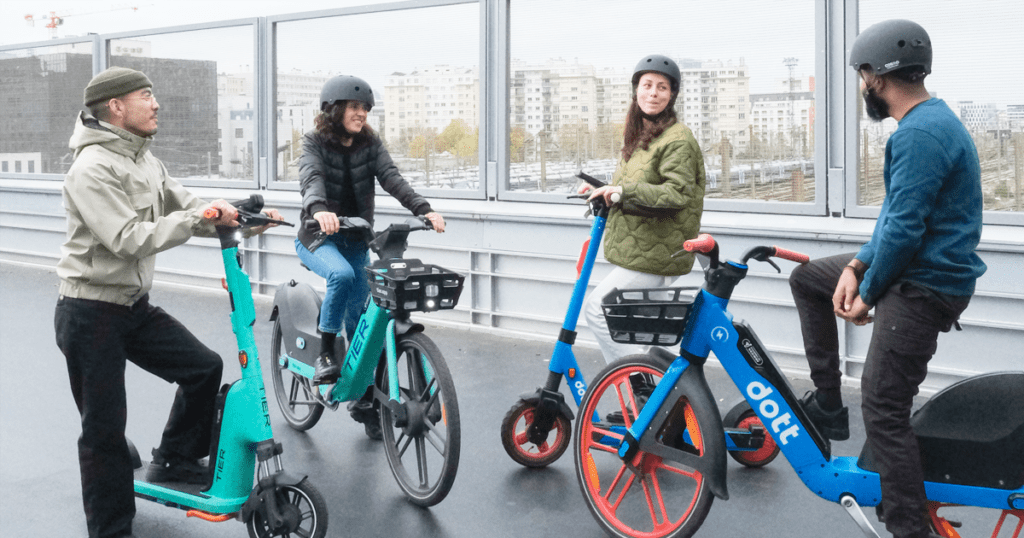“It has been an incredibly hard year for the majority of entrepreneurs, start-ups and scale-ups. This also applies to us at TIER Mobility” These are the opening lines of TIER co-founder and CEO Lawrence Leuschner’s latest LinkedIn post. After the recent announcements of receiverships for the neo-rental car company Carlili, or the shared scooter service Cityscoot, the year 2023 is proving to be a difficult one for many urban mobility players. Our colleagues at Les Echos have even described it as a veritable “hecatomb”. And TIER Mobility is no exception to this trend. The German micromobility giant has just announced a wave of mass redundancies. We take a closer look at this most drastic of decisions, revealing a crucial quest for profitability…
A tense situation…
While last year marked a very successful start for TIER MOBILITY, with the company raising $200 million from SoftBank Vision Fund 2 and Mubadala Capital in March 2022, and making several strategic acquisitions, the wheel soon turned. Indeed, the German giant soon found itself in turmoil with a series of redundancies.
Back in August 2022, the company reduced its workforce by 180. This downsizing was repeated five months later, when 100 people at TIER and Spin were made redundant. A former Bird subsidiary, Spin was acquired by TIER in March 2022, before being sold back to Bird last September for $19 million. The year 2023 was also marked in May by the issue of a convertible note, following a setback in negotiations with Bolt. A series of misadventures which seems to be continuing with a further reduction in the workforce. Despite financial improvements.
A single watchword: profitability
While the majority of mobility companies ” focussed on growth and expansion”, most have had to rethink their strategies. As described by Lawrence Leuschner, co-founder and CEO of TIER, he speaks of ” a sharp pivot they had to make to focus on profitability.” Despite the progress made, the company has yet to achieve profitability. And for TIER, that means reducing operational losses, which can be caused by workforce layoffs. As a result, a wave of redundancies involving some 140 employees, mainly “central and regional staff”.
With not enough visibility on how and if markets will recover, we have to presume demand in 24 will look like demand in 23. This means that to get to profitability, we need to bring our cost base down.
Lawrence Leuschner, co-founder and CEO of Tier MOBILITY
A wave of hope
This restructuring highlights the economic challenges facing mobility companies. It underlines the importance of adaptability and constant adjustment in a a fast-changing environment. An environment in which uncertainty persists as to market recovery, but which seems to be improving…
In his LinkedIn post, Lawrence Leuschner revealed some encouraging figures. For a start, TIER Mobility has improved its EBITDA from -62% in 2022 to -15% in 2023. It has also achieved profitability in the last five months, thanks in particular to the success of its electric bicycles. This new momentum will hopefully enable them to be profitable in 80% of their markets by 2023. These include their biggest markets, Germany, the UK and France. In any case, that’s what we wish them…





